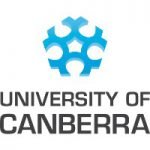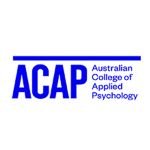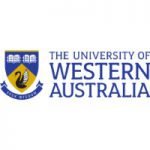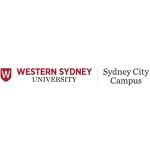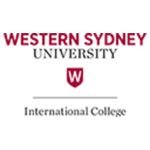Australia, officially the Commonwealth of Australia, is a country comprising the mainland of the Australian continent, the island of Tasmania, and numerous smaller islands. It is the world’s sixth-largest country by total area. Canberra is the capital of Australia. It has six States and two territories. Australia has maintained a stable liberal democratic political system that functions as a federal parliamentary democracy and constitutional monarchy. The federation comprises six states and several territories. Australia is a developed country and one of the wealthiest in the world, with the world’s12th-largest economy. In 2012 Australia had the world’s fifth-highest per capita income. Australia ranks highly in many international comparisons of national performance, such as quality of life, health, education, economic freedom, and the protection of civil liberties and political rights.
Australia experiences temperate weather for most of the year but the climate can vary due to the size of a continent. The northern states typically experience warm weather much of the time, with the southern states experiencing cooler winters. Like all countries in the southern hemisphere, Australia’s seasons are opposite to those in the northern hemisphere. December to February is summer; March to May is autumn; June to August is winter, and September to November is spring.
Australia’s landmass is 7,617,930 square kilometers. Australia—owing to its size and isolation—is often dubbed the “island continent”, and is sometimes considered the world’s largest island. Australia has 34,218 kilometers (21,262 mi) of coastline. Australia lies between latitudes 9° and 44°S, and longitudes 112° and 154°E
The population of 23.1 million is highly urbanized and heavily concentrated in the eastern states. Australia’s population has quadrupled since the end of World War I. Nevertheless, its population density, 2.8 inhabitants per square kilometer, remains among the lowest in the world. Much of the population increase came from immigration. Almost 5.9 million of the total population settled in the country as new immigrants.
The Overseas Education Services for Students framework protects the rights of international students study in Australia, including Your right to receive, before enrolling, current and accurate information about the courses, fees, modes of study, and other information from your institution and your institution’s agent. Your right to sign a written agreement with your institution before paying fees, setting out the services to be provided, fees payable, and information about refunds of course money. Make sure to keep a copy of your written agreement.
The Tuition Protection Service (TPS) is a placement and refund service for international students, which is activated in the event that your institution is unable to teach your course. Read more about this service on the Tuition Protection Service website. www.tps.gov.au
The country education system for Studying in Australia for abroad Students is distinguished from many other countries by the Australian Qualifications Framework (AQF). The AQF was established in 1995 and is a national policy that covers qualifications from the tertiary education sector (higher education and vocational education and training) in addition to the school-leaving certificate; the Senior Secondary Certificate of Education.
The AQF has 10 levels and links school, vocational and university education qualifications into one national system. This allows you to move easily from one level of study to the next, and from one institution to another, as long as you satisfy student visa requirements.
Australia has had a total of 22 Nobel Prize winners to-date.
Distinct Advantages of Study in Australia
The Australian approach to vocational and technical education is now recognized as among the best and most innovative in the world.
Australia has a reputation for adopting new technologies at a faster rate than in most other countries and enters the new millennium with one of the highest rates of internet access in the world.
Australian qualifications are recognized by employers and leading educational institutions in many countries around the world.
The Australian Quality Training Framework has been set up by the government to strengthen the quality assurance processes in education. Australia provides the world’s most rigorous protection for international students through ESOS.
Australia is a safe, multicultural, friendly and harmonious society. People from about 200 countries have migrated to Australia, making Australia one of the most culturally diverse countries in the world.
Australia being comparatively new in terms of attracting foreign students offers more scholarship opportunities compared to the United States or the UK.
Post Study Work opportunities
Part-time Job opportunities during the course and full time during vacations
Permanent Residency opportunities after successful completion of degree






